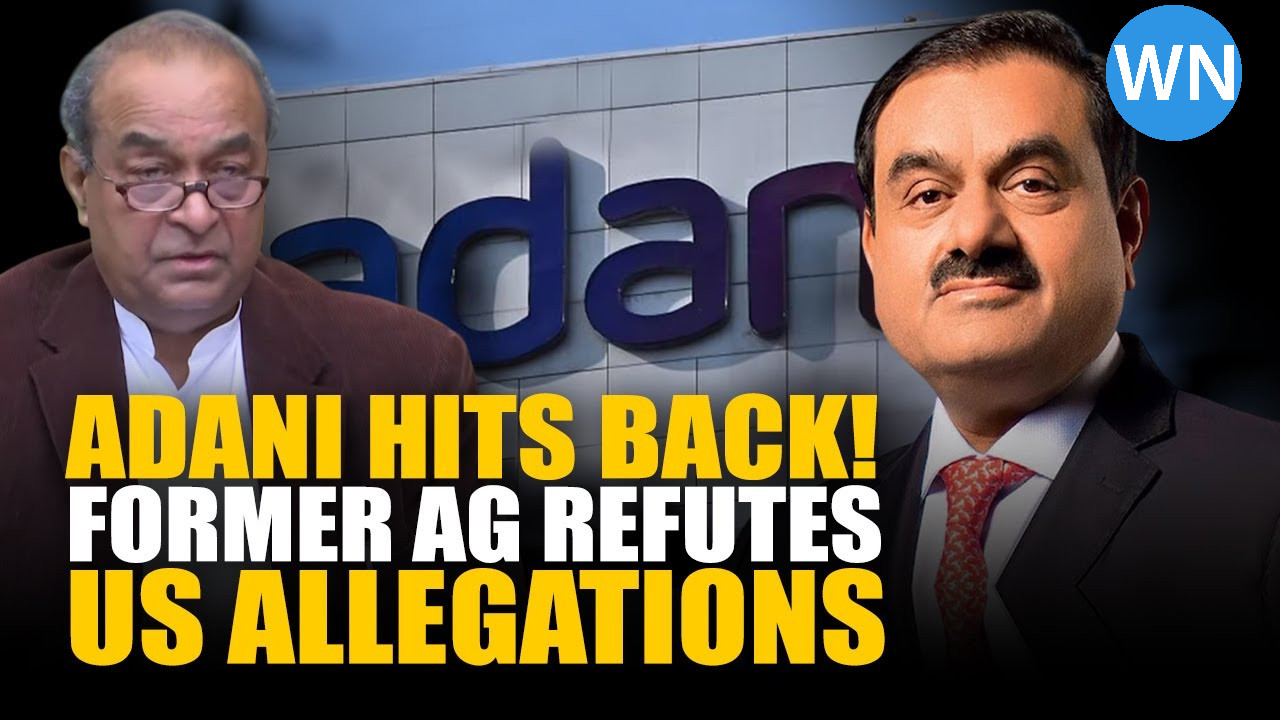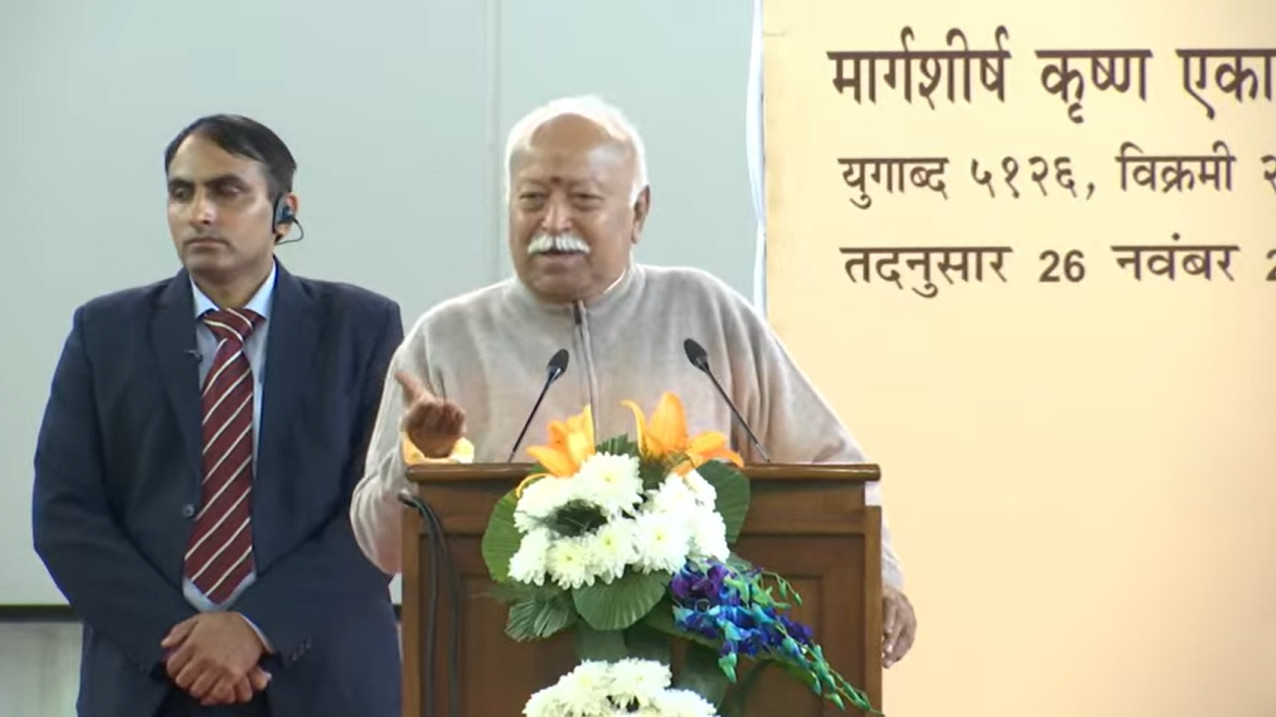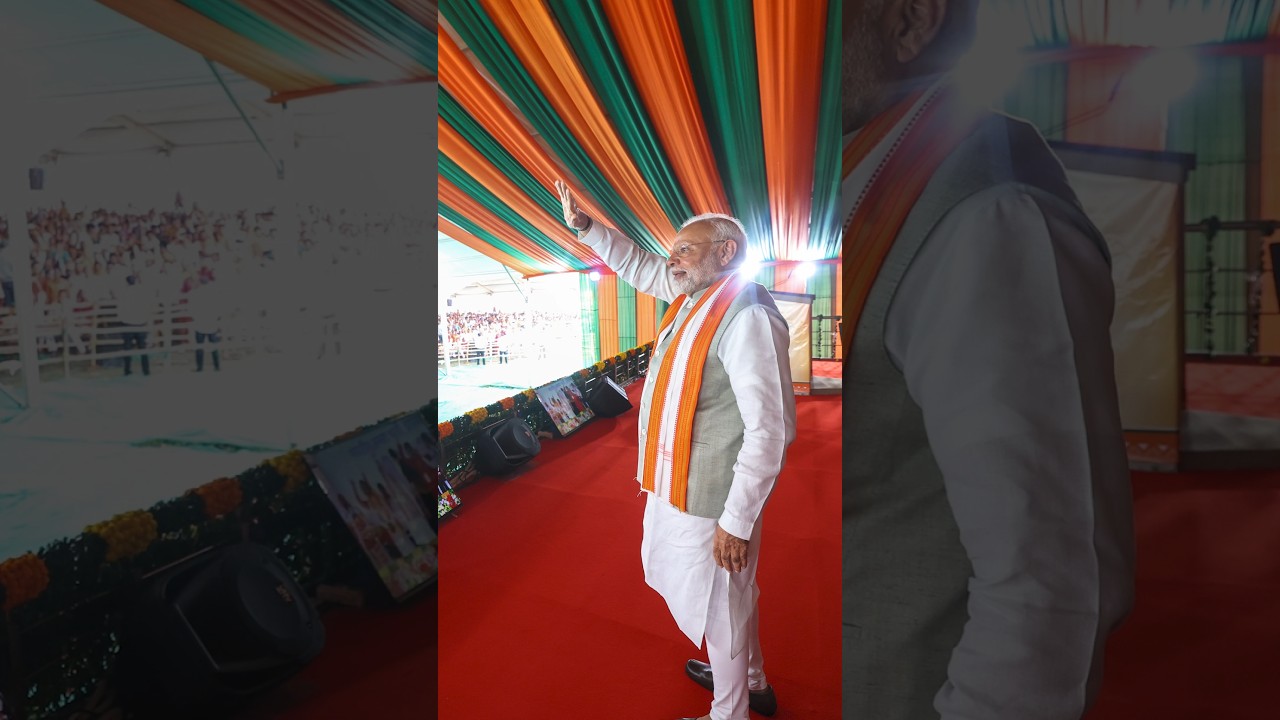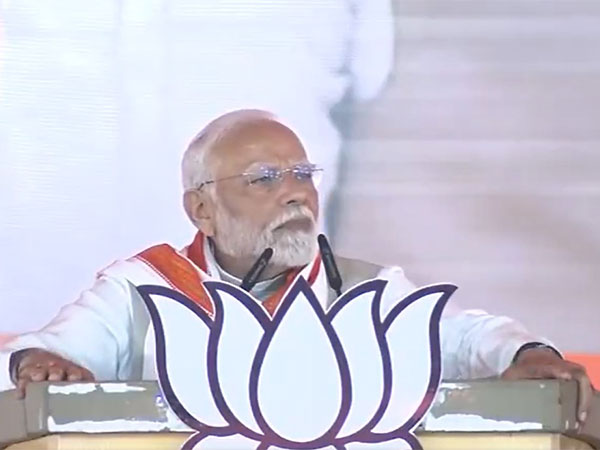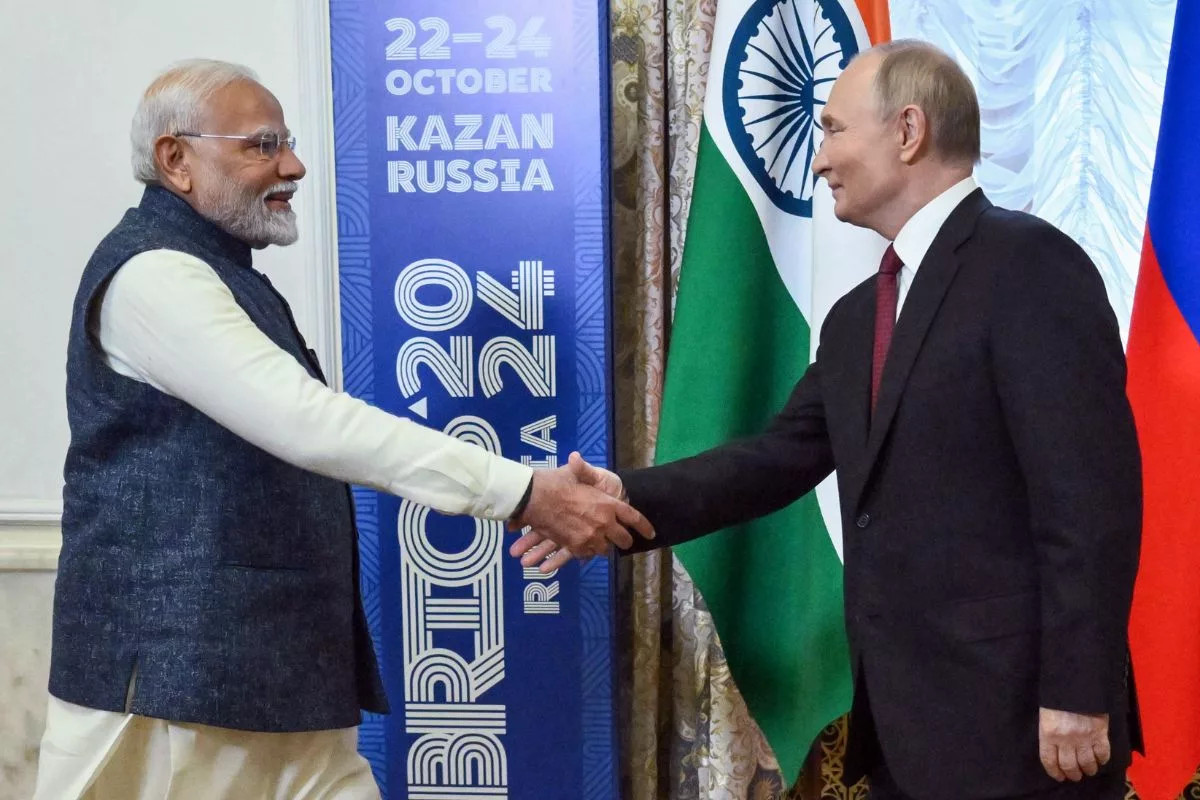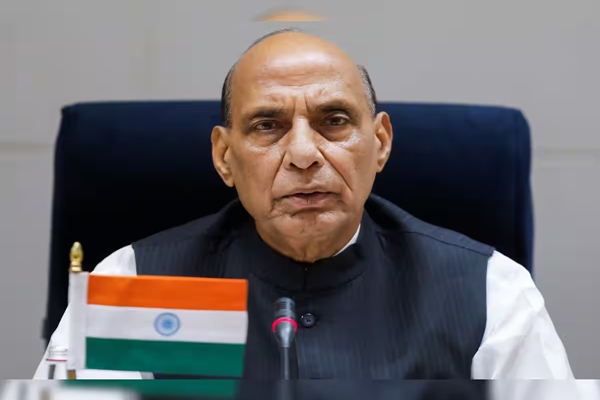On Tuesday, Qantas Airways announced the withdrawal of their joint business extension application with China Eastern Airlines from consideration by the Australian competition regulator. This decision follows the Australian Competition and Consumer Commission (ACCC) stating a month ago its intent to terminate the longstanding partnership between the two airlines. The ACCC's move was based on concerns that the partnership could reduce competition and potentially lead to increased airfares.
South Korean internet leader Naver Corp has won a contract to build and operate a cloud platform for Saudi Arabia, marking its first major high-tech export to the Middle East. Naver will create virtual versions of five cities, including Riyadh and Mecca, to be used for city planning, monitoring, and flood forecasting for five years. The company beat out global tech firms to secure the project and has been actively working with Saudi Arabia on digital transformation since signing an agreement in March. Naver shares jumped over the news.
Capital is leaving China at the fastest rate in over seven years, putting pressure on the yuan. In recent weeks, the exodus has intensified due to concerns about the country's struggling real estate industry. China's currency regulator reported that onshore banks sold a net $19.4 billion of foreign currencies to their clients in October, the most since November 2018. Goldman Sachs also noted a significant increase in net outflows in September, reaching around $75 billion. The outflows are impacting the yuan, which has weakened this month.
Geopolitical conflicts, such as the Israel-Hamas conflict, are a major concern for CEOs as they can negatively impact businesses. A study by KPMG reveals that 55% of CEOs in India believe geopolitical conflicts could affect their organization's growth in the next three years. However, CEOs in India and globally remain confident in the future of the global economy, with Indian CEOs showing an increase in confidence.
Gadkari said the government's primary focus lies in transforming road infrastructure into electric highways, accommodating electric buses and trucks. This shift is expected to yield a substantial reduction in logistics costs.
The market valuation of Reliance Industries plummeted Rs 34,876.78 crore to Rs 15,55,531.53 crore. The valuation of TCS plunged Rs 27,827.08 crore to Rs 12,78,564.03 crore. The mcap of ICICI Bank dived Rs 13,518.4 crore to Rs 6,53,120.67 crore and that of ITC dropped Rs 12,533.27 crore to Rs 5,46,537.83 crore. In the ranking of top 10 firms, Reliance Industries retained the title of the most valued firm followed by TCS, HDFC Bank, ICICI Bank, Infosys, Hindustan Unilever, ITC, Bharti Airtel, State Bank of India and Bajaj Finance.
The Sikkim high court has granted a stay on a Rs 628 crore GST demand order against Delta Corp, a casino and online gaming company. The government has raised a total GST demand of around Rs 23,000 crore against the company. The court has ordered status quo to be maintained until the next hearing. Delta Corp operates both casinos and online gaming platforms and has received show cause notices for alleged short payment of GST. In the second quarter of 2023, the company saw a 1.7% increase in net profit and a 3.4% increase in income from operations.
Air India Express, the low-cost subsidiary of Air India, plans to focus on routes that cater to price-sensitive customers and leisure travelers. The airline aims to consolidate its presence on existing routes rather than expanding throughout the country. Air India Express is in the process of merging with AirAsia India and recently unveiled its new brand identity. The subsidiary will operate on routes where Air India does not fly, creating a rationalized network. Air India Express also benefits from its codeshare agreement with Air India, allowing it to serve connecting passengers.
The FMCG industry in India faced challenges in the September quarter due to subdued consumer demand and a decline in rural consumption. Factors such as persistent food inflation, uneven rains, and rising prices of commodities impacted the industry. Leading FMCG companies like HUL, ITC, and Nestle expressed concerns over these issues. The urban market showed growth, but small regional players gained market share in mass market products. Local players are expected to impact big companies in categories like detergent bars and tea.
The market valuation of Reliance Industries plummeted Rs 34,876.78 crore to Rs 15,55,531.53 crore. The valuation of TCS plunged Rs 27,827.08 crore to Rs 12,78,564.03 crore. The mcap of ICICI Bank dived Rs 13,518.4 crore to Rs 6,53,120.67 crore and that of ITC dropped Rs 12,533.27 crore to Rs 5,46,537.83 crore. In the ranking of top 10 firms, Reliance Industries retained the title of the most valued firm followed by TCS, HDFC Bank, ICICI Bank, Infosys, Hindustan Unilever, ITC, Bharti Airtel, State Bank of India and Bajaj Finance.
